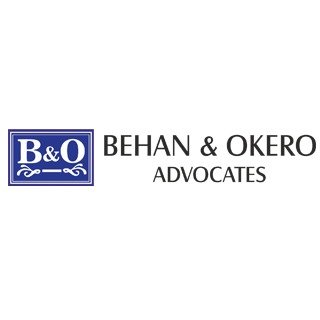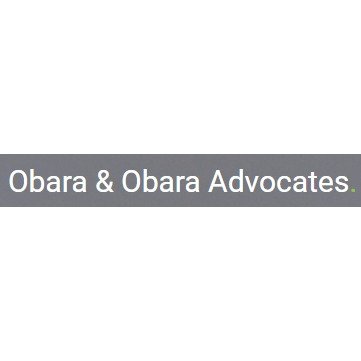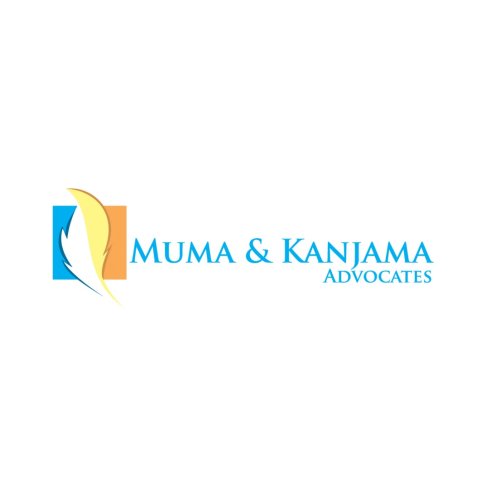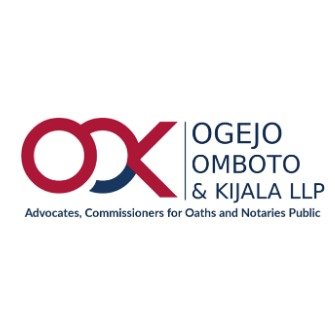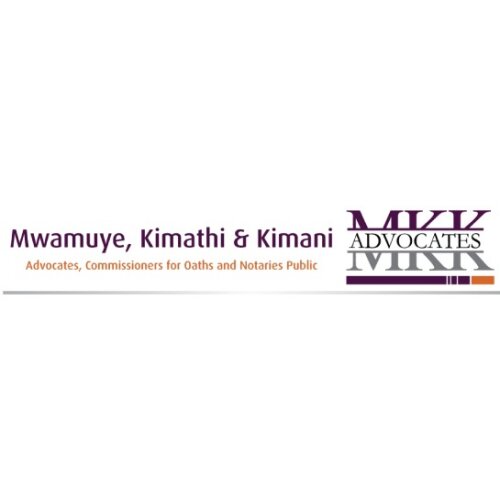Best Government Relations & Lobbying Lawyers in Kisumu
Share your needs with us, get contacted by law firms.
Free. Takes 2 min.
List of the best lawyers in Kisumu, Kenya
About Government Relations & Lobbying Law in Kisumu, Kenya
Government relations and lobbying in Kisumu, Kenya are centered around influencing decision-making within various governmental institutions. Lobbying refers to the activities undertaken to advocate for or against policies and legislation, while government relations is a broader term that includes managing the relationship between businesses, organizations, or individuals and government entities. Kisumu, as one of Kenya's key cities, hosts various government offices and stakeholders, making it a hub for such activities.
While lobbying is an established practice in many global democracies, it remains relatively nascent in Kenya, with evolving frameworks and practices. The Kenyan government, recognizing the need for transparent engagement, is continually developing legal standards to govern lobbying efforts, ensuring ethical practices and accountability.
Why You May Need a Lawyer
Several scenarios might require you to seek legal assistance in the field of Government Relations & Lobbying in Kisumu:
- Understanding and complying with existing policies and regulations related to lobbying activities, which can be complex and technical.
- Assisting organizations in crafting legal strategies to influence government decision-making effectively.
- Providing representation in case of disputes or legal challenges related to lobbying activities.
- Helping non-governmental organizations (NGOs) and special interest groups navigate the registration and compliance processes necessary to legally conduct lobbying.
- Advising on ethical standards and best practices to prevent conflicts of interest and ensure transparency in engagements with government officials.
Local Laws Overview
In Kisumu, Kenya, the legal landscape for government relations and lobbying is shaped by national laws and regulations, with specific adjustments and enforcements at the county level. Key aspects include:
- The Public Officer Ethics Act: This act establishes a code of conduct for public officers and addresses issues such as conflict of interest and disclosure of personal interests, which are crucial in lobbying activities.
- The Political Parties Act: It regulates the formation, management, and funding of political parties, which can be directly influenced by lobbying efforts.
- County Government Act: Guides interactions with county governments, stipulating the roles and responsibilities of county officials vis-a-vis external stakeholders.
- Agricultural Policies and Regulations: Considering Kisumu's economy heavily relies on agriculture, these policies play a significant role in lobbying practices related to agricultural development and funding.
- The Anti-Corruption and Economic Crimes Act: Enforces measures to prevent corruption, which is essential for maintaining integrity in lobbying activities.
Frequently Asked Questions
What is lobbying?
Lobbying involves advocating for or against specific legislation, policies, or regulations by interacting with decision-makers in government.
Is lobbying legal in Kenya?
Yes, lobbying is legal. However, it is regulated to ensure transparency and prevent undue influence on public officials.
Who can engage in lobbying activities?
Any individual, organization, or business entity can engage in lobbying activities, provided they comply with relevant laws and regulations.
Do I need to register to lobby in Kisumu?
While there is no specific lobbyist registration system in Kenya, organizations may need to register under applicable business or NGO laws.
What are the ethical considerations in lobbying?
Lobbyists must avoid conflicts of interest, conduct activities transparently, and ensure that they do not offer bribes or inducements to public officials.
How can a lawyer help in lobbying?
A lawyer can assist in navigating legal and regulatory requirements, ensuring compliance, drafting necessary documentation, and representing interests in disputes.
What types of organizations typically engage in lobbying?
Non-profit organizations, industry associations, corporations, and advocacy groups commonly engage in lobbying to influence policy and regulatory outcomes.
Can lobbying influence policy at the county level?
Yes, lobbying can influence policies and decisions at the county level, which often have direct local implications.
Are there penalties for illegal lobbying practices?
Yes, engaging in illegal lobbying practices such as bribery or failing to comply with ethical standards can lead to severe penalties, including fines and criminal charges.
Where can I learn more about regulations governing lobbying?
Government websites, legal consultants, and public administration offices are good starting points for those looking to learn more about specific regulations and guidelines.
Additional Resources
For further information and support regarding government relations and lobbying in Kisumu, the following resources may be helpful:
- County Government of Kisumu: Provides details on county-specific regulatory environments and relevant departments.
- Kenya Law Reports: An online resource offering access to legislation and legal precedents.
- Ethics and Anti-Corruption Commission: Oversees compliance with ethical standards in public office.
- Kenya Private Sector Alliance (KEPSA): Represents the interests of the private sector, providing advocacy and information on engaging with government entities.
- Law Society of Kenya: Offers legal advice and services through its network of legal professionals.
Next Steps
If you believe you need legal assistance in matters of government relations and lobbying in Kisumu, consider taking the following steps:
- Identify your specific needs and the type of lobbying activity or government interaction involved.
- Consult with a legal professional specialized in government relations and lobbying to assess your situation and explore your options.
- Prepare relevant documentation or evidence that supports your case or lobbying efforts.
- Reach out to local or national governmental bodies, organizations, or agencies for guidance and clarifications on regulatory requirements.
- Consider attending workshops or seminars related to government relations and lobbying to enhance your knowledge and skills in this area.
Lawzana helps you find the best lawyers and law firms in Kisumu through a curated and pre-screened list of qualified legal professionals. Our platform offers rankings and detailed profiles of attorneys and law firms, allowing you to compare based on practice areas, including Government Relations & Lobbying, experience, and client feedback.
Each profile includes a description of the firm's areas of practice, client reviews, team members and partners, year of establishment, spoken languages, office locations, contact information, social media presence, and any published articles or resources. Most firms on our platform speak English and are experienced in both local and international legal matters.
Get a quote from top-rated law firms in Kisumu, Kenya — quickly, securely, and without unnecessary hassle.
Disclaimer:
The information provided on this page is for general informational purposes only and does not constitute legal advice. While we strive to ensure the accuracy and relevance of the content, legal information may change over time, and interpretations of the law can vary. You should always consult with a qualified legal professional for advice specific to your situation.
We disclaim all liability for actions taken or not taken based on the content of this page. If you believe any information is incorrect or outdated, please contact us, and we will review and update it where appropriate.




